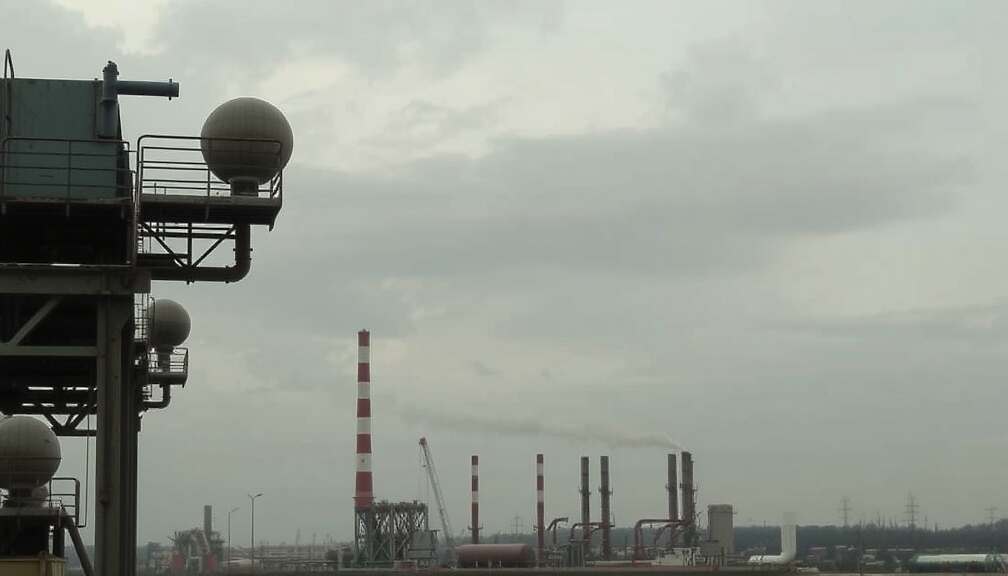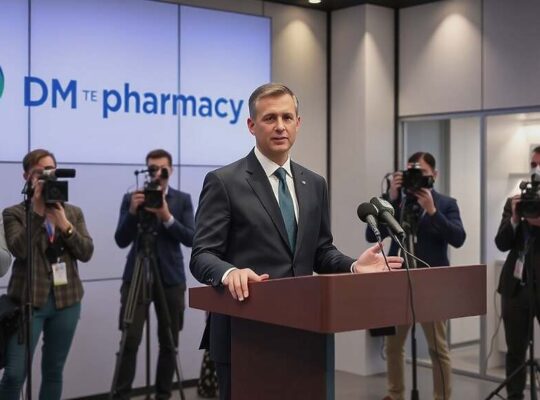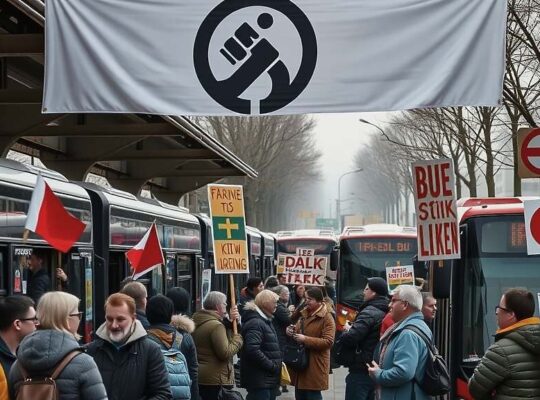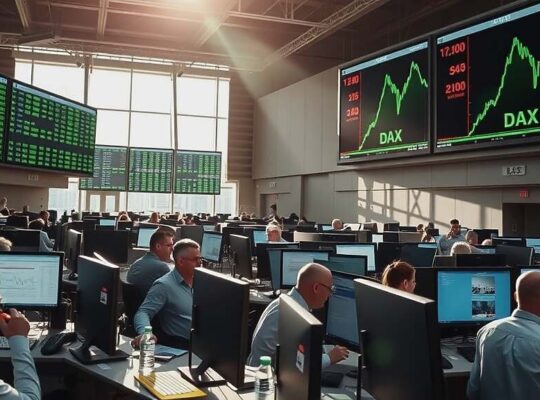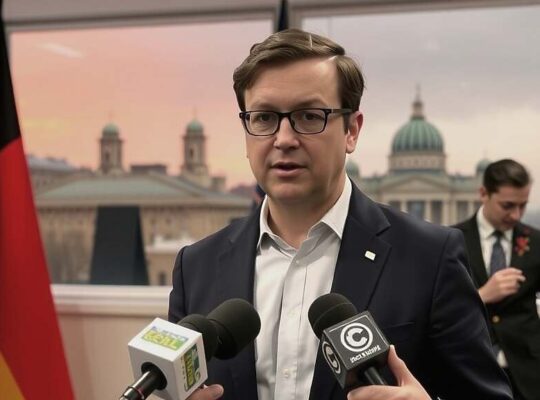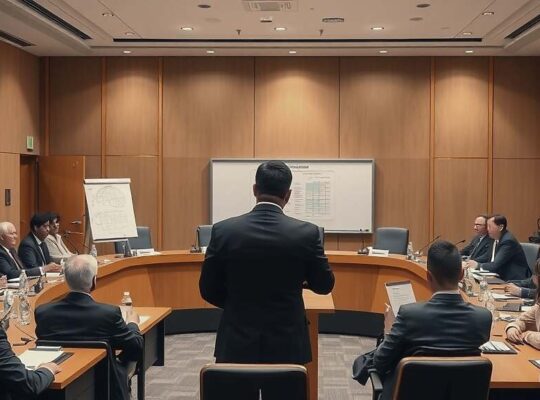Lower Saxony reaffirms its support for Oliver Blume as Volkswagen grapples with ongoing crisis, despite growing scrutiny of the automaker’s leadership and strategic direction. Grant Hendrik Tonne, Lower Saxony’s Minister for Economy and Transport, dismissed external calls for Blume’s removal in an interview with “Tagesspiegel Background” indicating a firm stance from the state government, which holds significant influence within Volkswagen through its two seats and 20% voting share on the supervisory board.
Tonne acknowledged the challenges facing Volkswagen, emphasizing that the company is “not yet where it wants to be” despite the perceived necessity of its shift towards electric mobility. He cautiously expressed optimism about a potential turnaround, stating, “The turnaround can succeed” while adding a note of realism and implying that a leadership upheaval would not necessarily improve the situation. This comment subtly critiques the pressure coming from outside the company, suggesting the issues are more systemic than attributable to Blume’s leadership.
The Minister’s statement also served as a pointed reminder of Lower Saxony’s critical stake in Volkswagen’s success and its determination to avoid actions that might destabilize the company. The state’s economic stability is deeply intertwined with Volkswagen’s performance, making a disruptive leadership change a risky proposition for the government.
Beyond the immediate Volkswagen crisis, Tonne used the opportunity to publicly urge the federal government to honor its commitments regarding investment in Lower Saxony’s transport infrastructure. He asserted that a failure to do so would signal a fundamental lack of integrity, referencing comments made by Federal Minister for Transport, Patrick Schnieder, regarding prioritizing “baureife” – construction-ready – projects. Tonne strongly implied that essential infrastructure development, including new highway construction – the federal government’s responsibility – should proceed regardless, criticizing Schnieder’s tendency to highlight perceived obstacles rather than prioritizing solutions. He argued that it is the responsibility of the Federal Minister for Transport to establish clear priorities, particularly concerning rail, road and waterways, rather than consistently focusing on what cannot be done. This exchange highlights growing tensions between the state and federal governments regarding infrastructure funding and priorities, with Lower Saxony signaling its frustration at perceived federal inaction.


